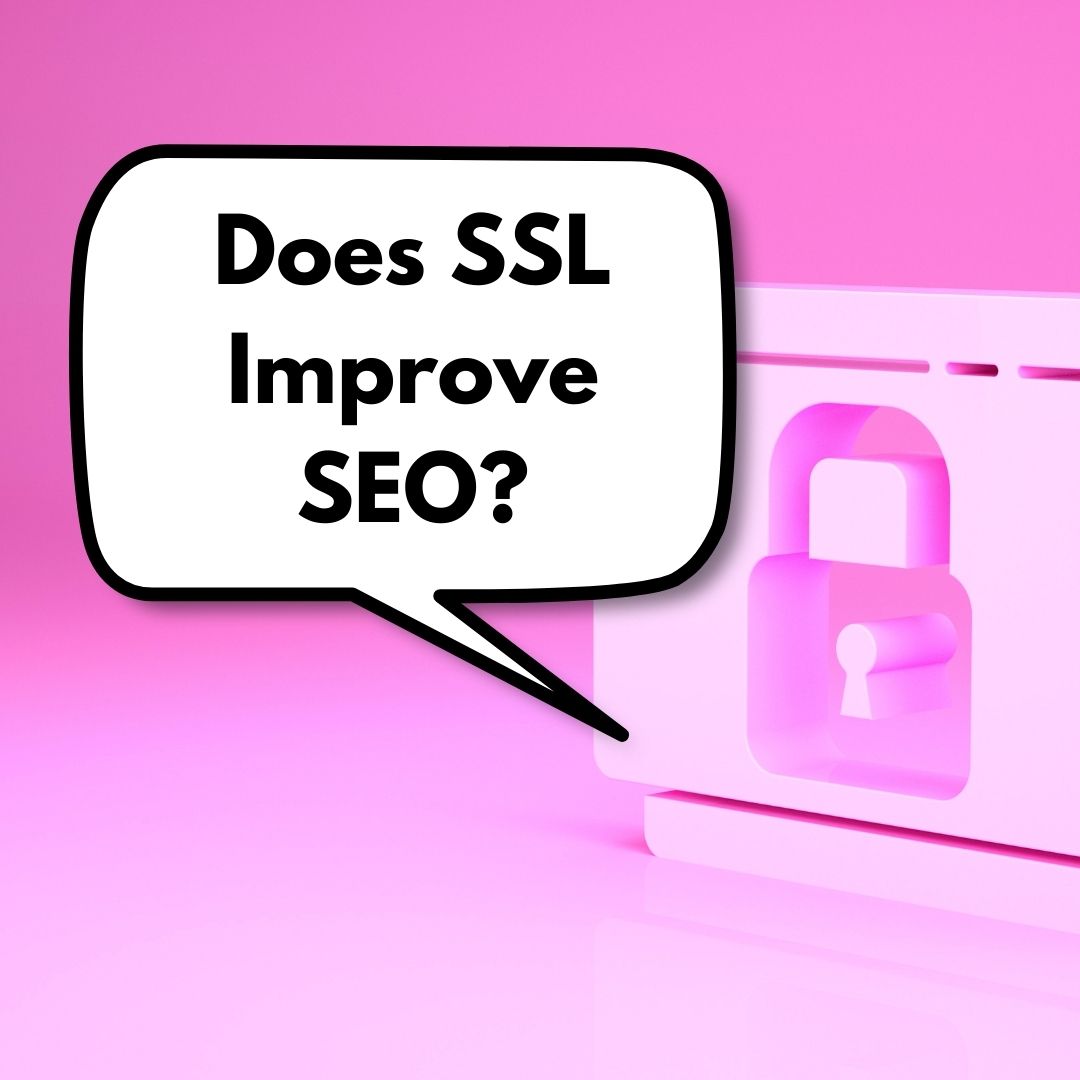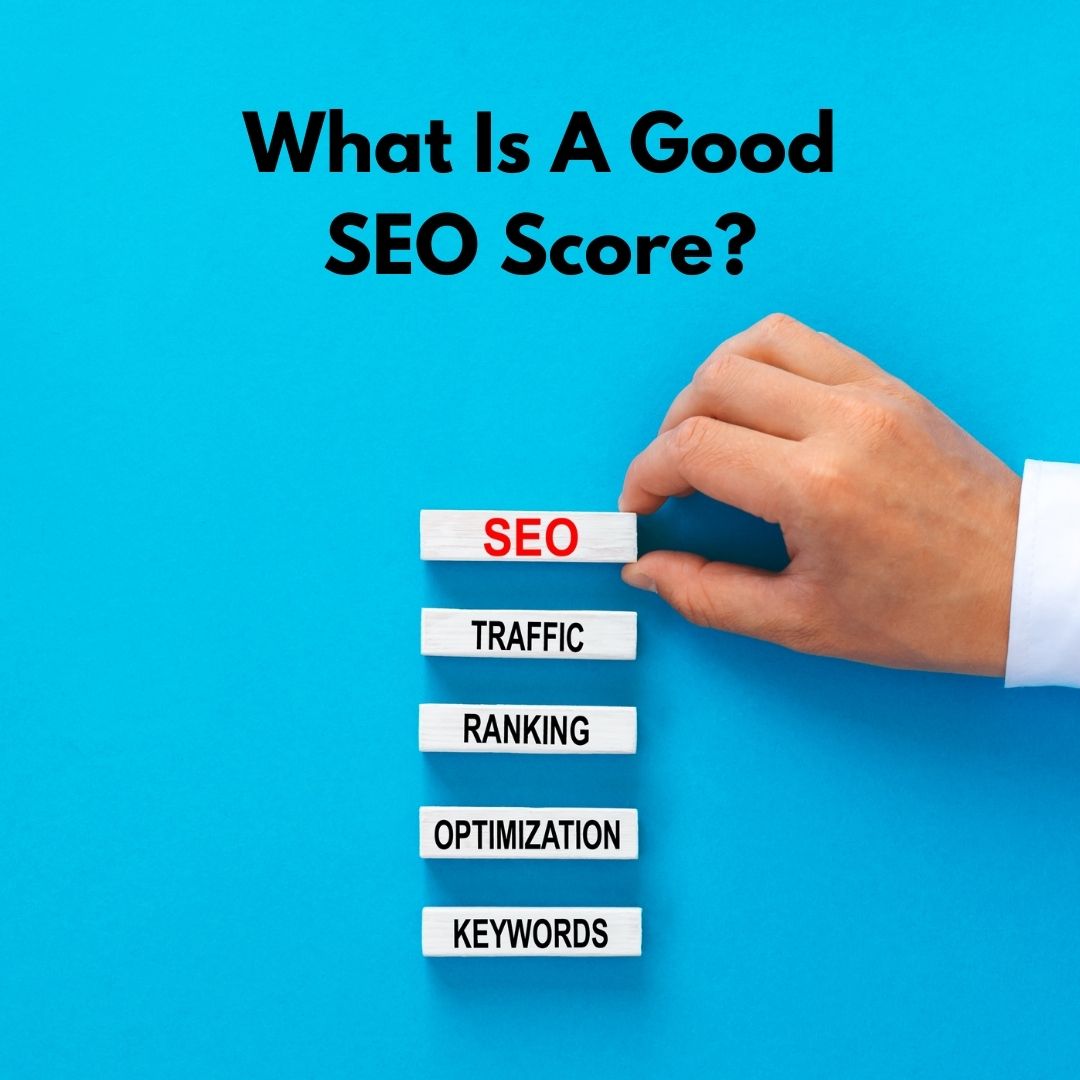What is the Google Sandbox? The term "Google Sandbox" refers to a speculated phase where…

Does SSL Improve SEO?
Does SSL Improve SEO?
Introduction
In today’s digital landscape, where data breaches and cyber threats are increasingly common, the significance of website security cannot be overstated. Secure Sockets Layer (SSL) certificates play a pivotal role in safeguarding online transactions and communications. But beyond security, there’s growing evidence that SSL impacts search engine optimisation (SEO). This comprehensive post delves into how SSL influences SEO, offering insights for webmasters and digital marketers.
Understanding SSL and Its Importance
SSL certificates enable a secure connection, denoted by ‘HTTPS’ in a website’s URL, ensuring that the data exchanged between a user’s browser and the server remains encrypted and inaccessible to third parties. This encryption is crucial for protecting sensitive information, such as personal details and financial transactions.
Building Trust with Users
The presence of SSL, especially visible through the padlock icon in the browser address bar, serves as a trust signal for users. This visual cue reassures visitors that their data is secure, which is particularly vital for e-commerce sites and any platform handling personal data.
SSL Compliance and Reputation
Data security is not just a best practice but a regulatory requirement in many industries. SSL compliance enhances a company’s reputation, demonstrating a commitment to user privacy and security.
SSL’s Impact on SEO Rankings
1. Google’s Preference for HTTPS
In 2014, Google announced HTTPS as a ranking signal. Websites with SSL certificates began witnessing a positive impact on their search rankings. This move by Google underscores the importance of security in its ranking algorithm.
2. Enhanced User Experience
SSL certificates contribute to a safer browsing experience, which is a crucial factor in SEO. Users are more likely to stay on a site they trust, reducing bounce rates and increasing time spent. These metrics positively influence SEO rankings.
3. Increased Crawl Efficiency
Secure sites have an advantage when it comes to search engine crawling. Google’s crawlers prefer HTTPS sites, potentially increasing the crawl rate and indexing efficiency for these sites.
4. Boost in Page Load Speed
Although not directly related, implementing SSL can coincide with improved page load speeds, a known SEO ranking factor. Modern SSL protocols can optimize data transmission, contributing to faster page loading times.
Evidence
Several pieces of evidence have shown a correlation between switching to HTTPS and improved search rankings. For instance, a study by Backlinko indicated a strong correlation between HTTPS and higher search engine rankings.
SSL Challenges and Considerations
While the benefits are clear, transitioning to SSL should be done carefully. Improper implementation can lead to mixed content issues, crawl errors, and duplicate content problems, which can negatively impact SEO.
Best Practices for SSL Implementation
Choose the Right SSL Certificate: Depending on the nature of your website, select between Domain Validation (DV), Organization Validation (OV), or Extended Validation (EV) certificates.
Monitor Your Website: After transitioning to HTTPS, monitor your website for any SEO impacts and address issues promptly.
Stay Updated: Keep abreast of the latest SEO and security trends to ensure your website remains competitive and secure.
So, Does SSL Matter or Not for SEO?
After examining the various facets of how SSL impacts SEO, the question remains: Is SSL truly significant for SEO? The answer is a resounding yes but with some nuances.
SSL as a Ranking Factor
Firstly, it’s clear that SSL is a ranking factor for Google. Since Google announced HTTPS as a ranking signal, there has been a noticeable shift in the SEO landscape. Websites with SSL certificates often enjoy a slight ranking advantage over non-SSL websites. This preference underscores Google’s commitment to ensuring a secure and trustworthy internet environment.
Beyond Just Rankings: Trust and Credibility
However, the importance of SSL extends beyond mere search rankings. SSL plays a critical role in building trust and credibility with users. In the eyes of a visitor, SSL signifies a safe and secure browsing experience. This increased trust can indirectly influence SEO by reducing bounce rates and increasing time on site, as users are more likely to engage with a website that appears secure.
Enhanced User Experience and Performance
Additionally, implementing SSL can coincide with broader website optimisations, contributing to an enhanced overall user experience. Faster load times, improved security, and a perception of reliability all contribute to a positive user experience, which is a key factor in SEO success.
A Balanced Perspective
It’s important to note that SSL is not a standalone solution for achieving top search rankings. Rather, it should be viewed as a fundamental component of a broader, multifaceted SEO strategy. High-quality content, user experience, mobile-friendliness, and technical SEO elements are critical to effective SEO.
Future-Proofing Your SEO Strategy
As the digital landscape evolves, the emphasis on security and user privacy is likely to increase. Websites not adopting SSL may find themselves at a disadvantage, not only in terms of SEO but also in terms of user trust and regulatory compliance. Therefore, integrating SSL is also about future-proofing your SEO and digital marketing efforts.
Conclusion
In conclusion, SSL does matter for SEO, both as a direct ranking factor and as a contributor to a safer, more user-friendly web experience. While SSL alone won’t catapult a website to the top of search engine rankings, its absence can be a significant hindrance in an increasingly security-conscious online world. For website owners, integrating SSL should be a priority, aligned with other critical SEO practices, to build a robust, secure, and SEO-friendly online presence. Want to know more about SEO? Click here to contact us!



